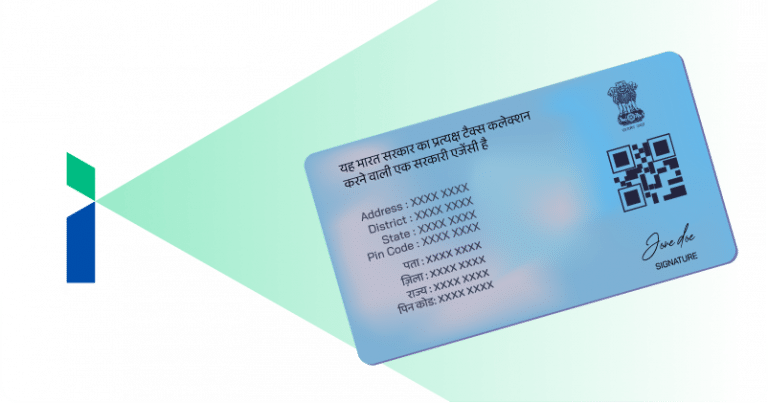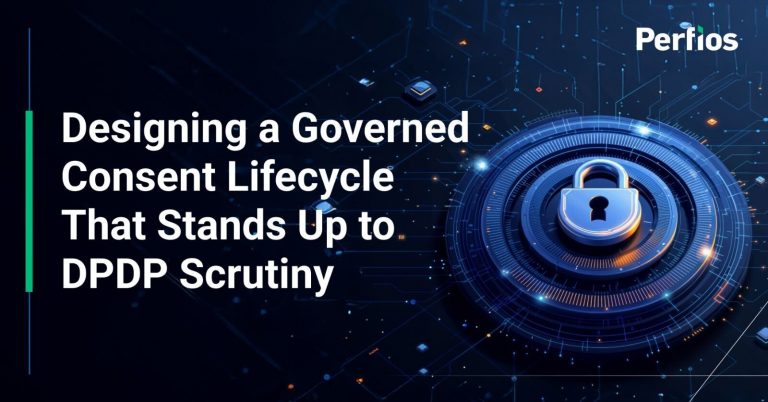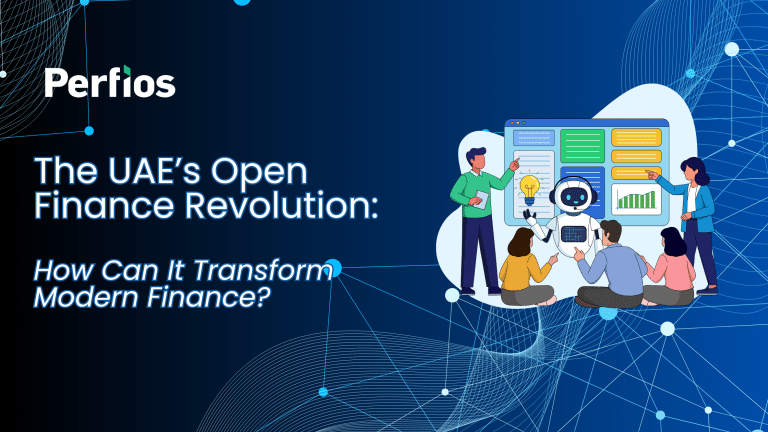Payroll management in India has undergone a remarkable transformation over the years. Gone are the days when HR teams spent hours manually calculating salaries, tracking attendance, and managing EPF contributions using spreadsheets and paper records. These traditional methods were not only time-consuming but also prone to errors, leading to compliance risks and employee dissatisfaction.
The advent of digital payroll systems marked a turning point. With the rise of automation and cloud-based solutions, businesses can now process payroll in minutes, ensuring accuracy and compliance with EPFO regulations. Business have revolutionized the landscape by offering real-time data processing, automated tax calculations, and seamless integration with HR systems. This shift has been further accelerated by the rise of remote work and the need for scalable, accessible solutions that cater to India’s diverse workforce
Importance of EPF in Employee Welfare
The Employee Provident Fund (EPF) is a cornerstone of financial security for millions of Indian employees. It serves as a long-term savings tool, providing a safety net for retirement, emergencies, and major life events. Accurate EPF verification is critical to ensure that employees receive their rightful benefits without delays or discrepancies.
However, manual EPF verification processes are fraught with challenges, including errors in contribution calculations and compliance lapses. This is where EPF Verification API come into play. By automating data retrieval and verification, these APIs ensure timely and accurate EPF contributions, fostering trust and transparency between employers and employees. In a country where EPFO manages over ₹18 lakh crore in assets for 65 million subscribers, the importance of reliable verification systems cannot be overstated.
The evolution from traditional to digital payroll systems, coupled with the critical role of EPF in employee welfare, underscores the need for innovative solutions like EPF Verification APIs. These tools not only streamline payroll processes but also enhance employee satisfaction and compliance, paving the way for a more efficient and secure future.
Key Innovations Driving EPF Verification API Development

Real-Time Data Processing and Its Impact
Real-time data processing is revolutionizing payroll systems in India. EPF Verification APIs, such as those offered by Perfios, enable businesses to retrieve and verify EPF data instantly. This eliminates the delays associated with manual processes, where HR teams often wait days or weeks for updates from the EPFO portal.
For example, Perfios’ API integrates seamlessly with payroll systems, allowing businesses to fetch real-time information on employee contributions, UAN status, and compliance details. This not only speeds up payroll processing but also ensures accuracy, reducing the risk of errors and penalties. In a country like India, where EPFO manages over ₹18 lakh crore in assets, real-time APIs are a game-changer for businesses aiming to stay compliant and efficient.
AI and Machine Learning in Payroll Verification
Artificial Intelligence (AI) and Machine Learning (ML) are transforming how businesses handle EPF verification. Platforms leverage AI to automate compliance checks and detect anomalies in EPF contributions. For instance, AI algorithms can flag discrepancies in employee contributions, enabling HR teams to resolve issues before they escalate.
Moreover, predictive analytics powered by ML can forecast potential compliance gaps based on historical data. This proactive approach helps businesses stay ahead of regulatory changes and avoid penalties. In India, where 1 in 3 businesses face EPF-related penalties due to miscalculations, AI-driven solutions are becoming indispensable for payroll management.
Enhanced Security Features for Data Protection
Data security is a top priority for Indian businesses, especially when handling sensitive employee information. EPF Verification APIs like Perfios are addressing this challenge by incorporating advanced encryption protocols and blockchain technology.
By combining real-time processing, AI-driven insights, and enhanced security, EPF Verification APIs are setting new standards for payroll systems in India. Platforms like Perfios are at the forefront of this innovation, offering businesses the tools they need to streamline operations, ensure compliance, and protect employee data
Integration of EPF Verification API with Other Financial Systems
Synergies with Banking APIs for Seamless Transactions
Integrating EPF Verification APIs with banking systems simplifies payroll processing by automating fund transfers and contribution updates. In India, where digital banking is on the rise, this synergy ensures that EPF contributions are credited to employee accounts in real time. It also reduces the risk of errors in manual fund transfers, enhancing efficiency and compliance. For businesses, this integration means fewer intermediaries, faster processing, and improved transparency.
Connecting Payroll with Tax Compliance Systems
Linking EPF Verification APIs with tax compliance tools streamlines the entire payroll process. In India, where tax regulations are complex and frequently updated, this integration ensures that EPF contributions are accurately reflected in tax filings. Automated tax calculations, real-time updates, and compliance alerts help businesses avoid penalties and stay ahead of regulatory changes. This seamless connection between payroll and tax systems also reduces the administrative burden on HR teams, allowing them to focus on strategic tasks.
Future of Cross-Platform Payroll Management
The future of payroll management lies in unified platforms that integrate EPF verification, banking, tax compliance, and other financial systems. In India, where businesses often use multiple tools for different functions, a cross-platform approach eliminates silos and ensures data consistency. Such platforms will enable real-time synchronization, advanced analytics, and holistic insights into payroll operations. As technology evolves, businesses can expect more innovative solutions that bring all payroll-related processes under one roof, driving efficiency and scalability.
Regulatory Changes and Their Implications for EPF Verification
Anticipated Policy Changes in the Indian Payroll Landscape
The Indian payroll landscape is set to undergo significant regulatory changes in 2025, driven by the Employees’ Provident Fund Organisation (EPFO). Key updates include the removal of the ₹15,000 contribution cap, allowing employees to contribute based on their actual salary, which will enable higher retirement savings and pensions. Additionally, the introduction of ATM-based PF withdrawals will streamline access to funds, reducing the current 7–10 day waiting period for claim settlements. The Centralized Pension Payment System (CPPS), launched in January 2025, will allow pensioners to withdraw pensions from any bank branch, eliminating jurisdictional restrictions. These changes aim to enhance convenience, transparency, and financial security for millions of EPFO subscribers.
Compliance Challenges and Solutions
Compliance remains a major challenge for Indian businesses, with 1 in 3 facing EPF-related penalties due to miscalculations and delays. Manual processes often lead to errors in contribution calculations and delays in filing, increasing the risk of non-compliance. EPF Verification APIs address these challenges by automating data retrieval and verification, ensuring real-time accuracy and adherence to EPFO regulations. APIs also integrate seamlessly with payroll systems, reducing the administrative burden on HR teams and minimizing human errors. Furthermore, advanced features like AI-driven anomaly detection and blockchain-based data security enhance compliance by flagging discrepancies and ensuring tamper-proof records. These solutions not only streamline compliance but also build trust between employers and employees, fostering a more efficient and transparent payroll ecosystem.
Future Outlook: What Lies Ahead for EPF Verification
Predictions for Technological Advancements
The future of EPF verification in India will be shaped by cutting-edge technologies like AI, blockchain, and real-time APIs. AI-driven predictive analytics will enable businesses to anticipate compliance gaps and resolve issues proactively, while blockchain will ensure tamper-proof records and enhanced data security. Real-time APIs will continue to dominate, offering instant verification and seamless integration with payroll systems. These advancements will not only improve accuracy and efficiency but also empower businesses to stay ahead of regulatory changes.
The Role of Startups in Shaping Payroll Systems
Startups are playing a pivotal role in driving innovation in India’s payroll ecosystem. By leveraging agile development and customer-centric approaches, they are introducing affordable, scalable, and user-friendly EPF verification solutions. Their focus on solving specific pain points, such as compliance challenges and data security, is reshaping how businesses manage payroll. As startups continue to disrupt the market, they will push established players to innovate, fostering a more dynamic and competitive landscape.
Embracing Change in Payroll Management
EPF Verification APIs streamline compliance, enhance accuracy, and save time, enabling businesses to focus on growth. With India’s regulatory environment becoming increasingly complex, staying ahead of payroll innovations ensures long-term success and employee satisfaction.
The future of payroll management is here, and it’s time to embrace it. Explore advanced EPF Verification APIs to transform your payroll processes, ensure compliance, and build a more efficient, transparent system. Don’t wait—take the first step toward a smarter, more secure payroll ecosystem today.















